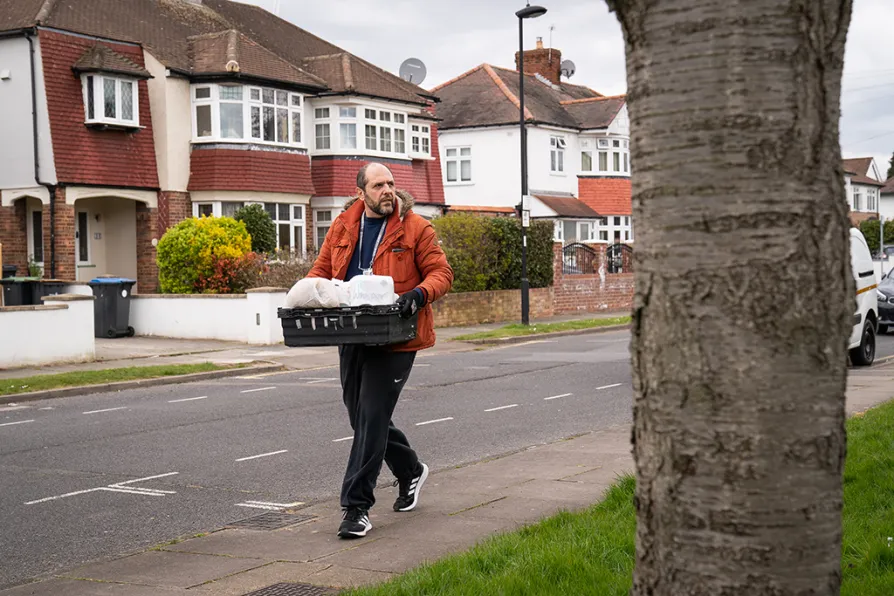Israel’s recognition of Somaliland has little to do with self-determination and far more to do with strategy, offering Israel a potential military foothold near Yemen, says JE ROSENBERG

 Tony Rosa delivering food parcels from Enfield council in north London
Tony Rosa delivering food parcels from Enfield council in north London
NOT since VE Day at the end of World War II has the nation — Wales, Scotland and England — been so united in a joyous, determined feeling of solidarity.
The same tears of emotion are being shed each Thursday evening in Glasgow,Cardiff and London and all points in between.
It’s an emotion as poignant as when a loved one passes, a new family member is born, or a daughter or son marries.

KEVIN COURTNEY of Stand Up to Racism and JOHN PAGE of the Ella Baker School of Organising announce a joint project aiming to unite trade unions and social movements in creating new narratives to fight the divisive rhetoric of the far right

The Gala’s core message of working-class solidarity offers renewed hope and provides the antidote to the anti-worker policies of Reform UK, argues IAN LAVERY MP

Durham Miners’ Association general secretary ALAN MARDGHUM speaks to Ben Chacko ahead of Gala Day 2025

DOUG NICHOLLS argues that to promote the aspirations for peace and socialism that defeated the Nazis 80 years ago we must today detach ourselves from the United States and assert the importance of national self-determination and peaceful coexistence











